3 Common Mistakes Restaurant Buyers Make
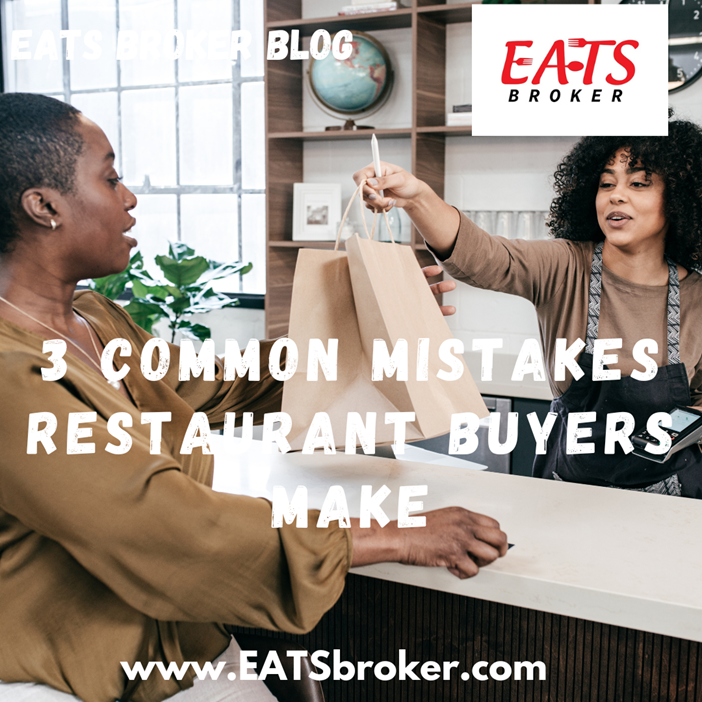
What are the Common mistakes restaurant buyers make when buying a restaurant? The answer is complicated but simple at the same time. There are several common mistakes that potential restaurant buyers should be aware of when deciding to buy a restaurant. The Restaurant Broker at EATS Broker provides some of the most common mistakes restaurant […]
5 Benefits of Buying an Existing Restaurant
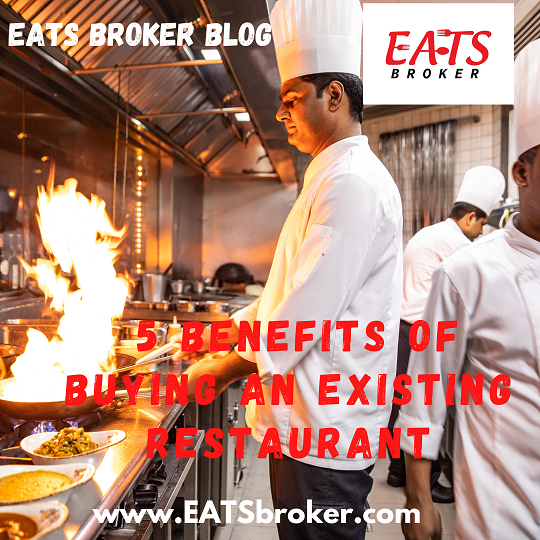
The 5 Benefits of Buying an Existing Restaurant have many positive attributes. The current restaurant owner has built a proven business model, established a client base, and gone through the headaches of the initial building-out phase of the restaurant space. The harsh reality of the restaurant industry is that 60% of restaurants will close their […]
10 Ten Interesting Facts about the Restaurant Industry
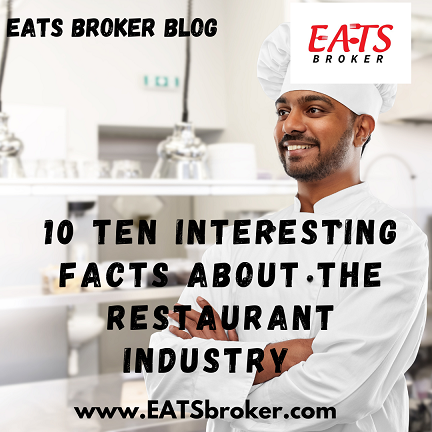
It’s easy to find interesting facts about the Restaurant Industry. The National Restaurant Association publishes a Restaurant Owner Demographics Data Brief every year. After reading the March 2022 Data Brief, the Restaurant Broker at EATS Broker picked ten interesting facts. Hawaii (64%), Texas (59%), California (58%), Georgia (55%), Maryland (54%), and the District of Columbia […]
4 Worst Decisions when selling a Restaurant
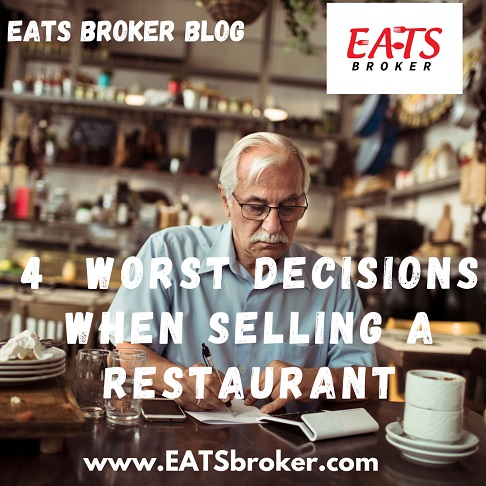
Do you plan to sell a restaurant? What are the worst decisions when selling a restaurant? EATS Broker will provide an inside look at why some restaurant sellers can be disappointed when it’s time to sell a restaurant. Did you know only 20%-30% of the restaurants listed on the market will sell to a new […]
Time to sell your restaurant? How to defend your listing price
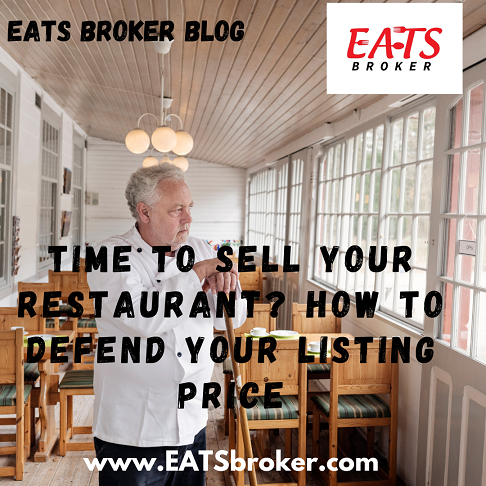
When it’s time to sell your Restaurant, how do you plan to defend your listing price? This question is excellent for anyone considering hiring a Restaurant Broker or For Sale by Owner. It’s easy to think of a random number, list a restaurant for sale, and answer buyer inquiries. Selling a restaurant is like fishing; […]
Top 4 Biggest Myths about Selling a Restaurant
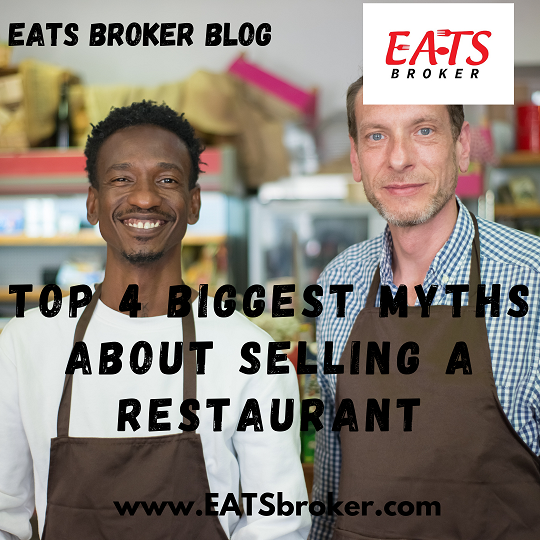
Many restaurant owners share the Top 4 Biggest Myths about selling a restaurant. Selling a restaurant is much different from selling other businesses, and many restaurant owners will only sell a restaurant once in their lifetime. When it’s time to sell a restaurant, a large percentage of restaurant owners have common misperceptions about the process. […]
Want to sell your restaurant? What Restaurant Equipment do you own?
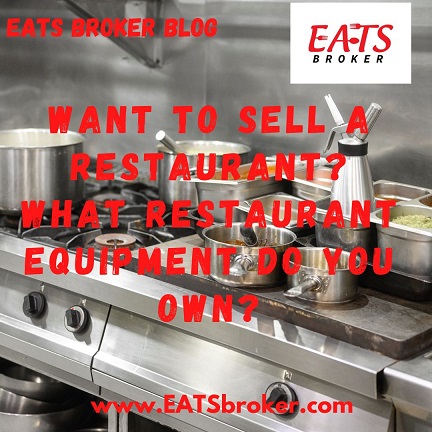
Want to sell your restaurant, and it’s time to create an equipment list? What Restaurant equipment do you own as a restaurant owner? This seems easy to answer, but most restaurant owners misunderstand what they own when leasing a restaurant space. The landlord is responsible for creating a lease to protect their interest when leasing […]
3 Types of Restaurants for Sale
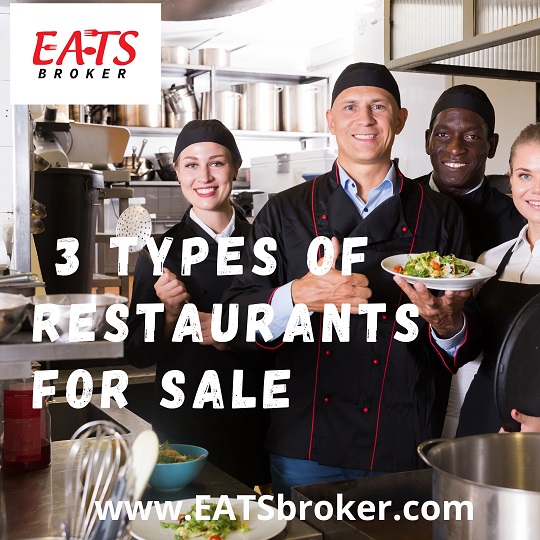
The start of a new year brings an increase in the inventory of listed restaurants for sale. There are three types of Restaurants for Sale that buyers will find on the market. The difference between the three types of for-sale methods is how they are listed. – Restaurants for Sale by a Business Broker […]
Why do Restaurant Brokers prequalify buyers
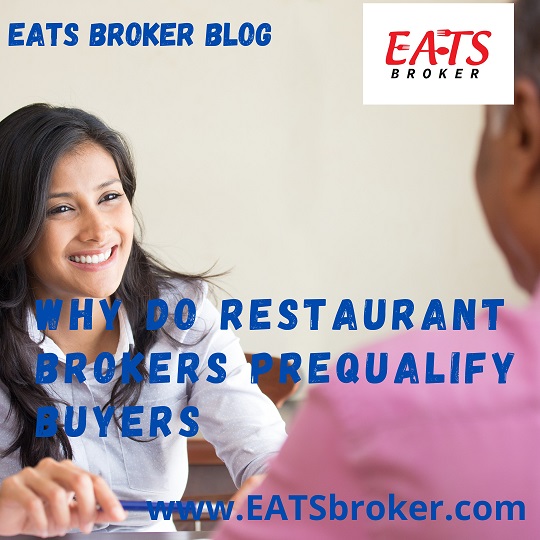
Why do Restaurant Brokers prequalify buyers before providing the restaurant name and financials? The answer is simple to protect the confidential information on the restaurant for sale. Restaurant buyers sometimes don’t understand the process of buying a restaurant and what’s involved. Many potential buyers understand they must first sign a Non-Disclosure Agreement (NDA) or confidentiality […]

